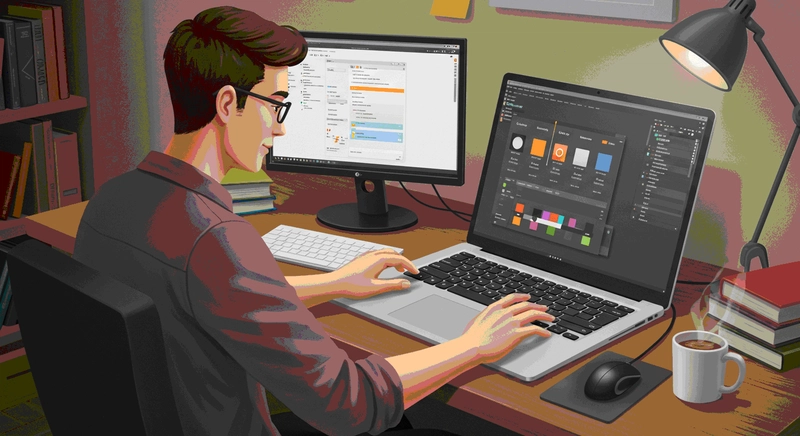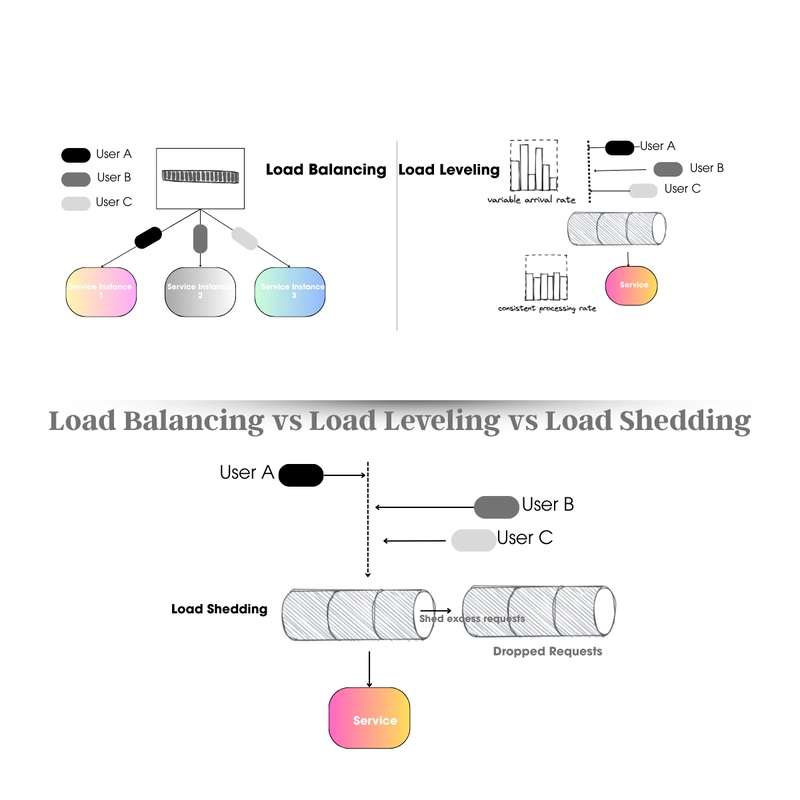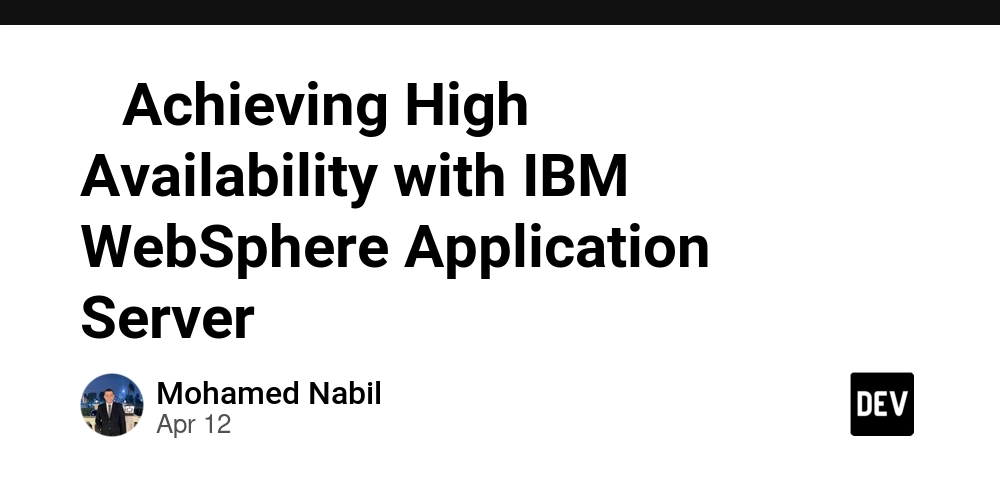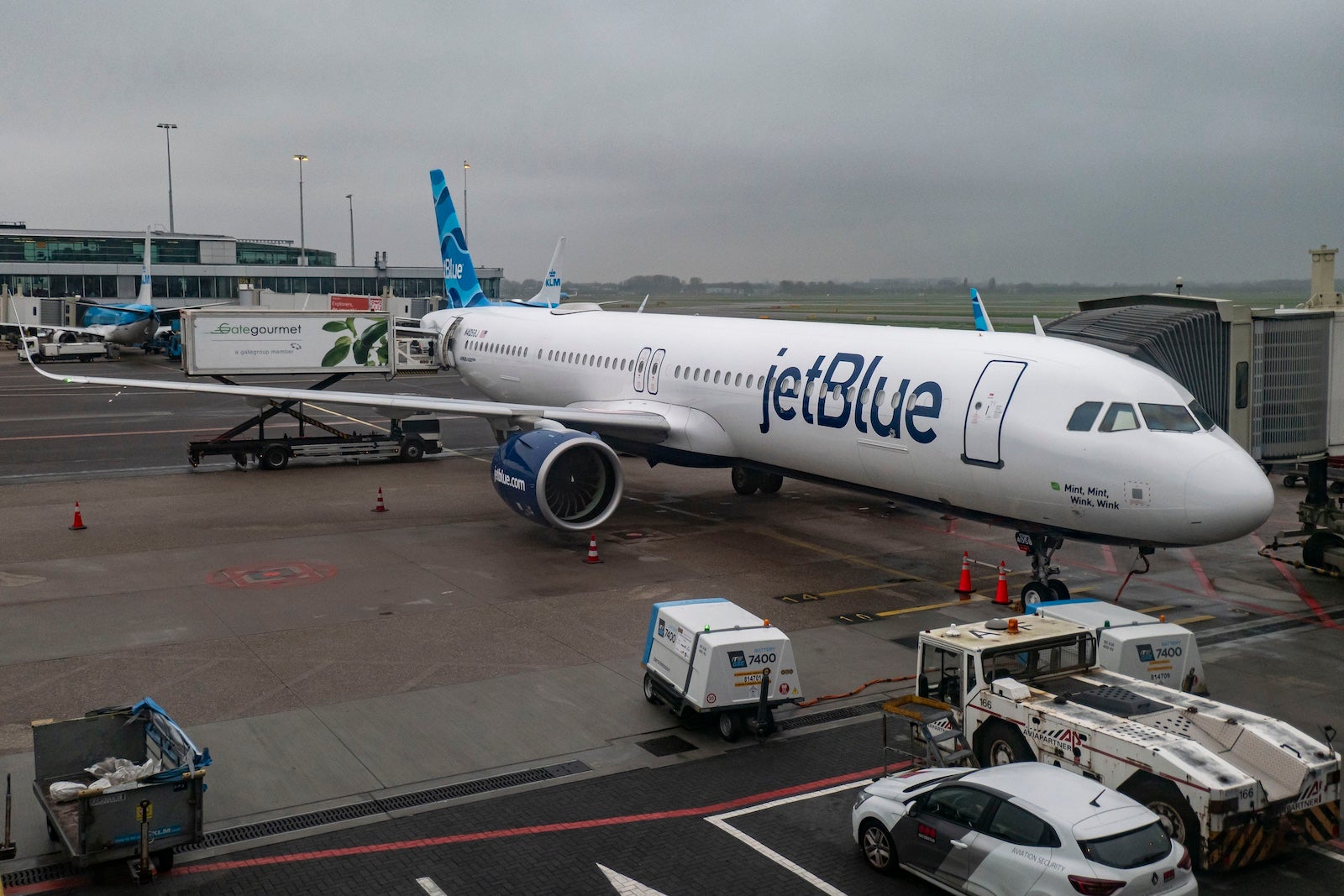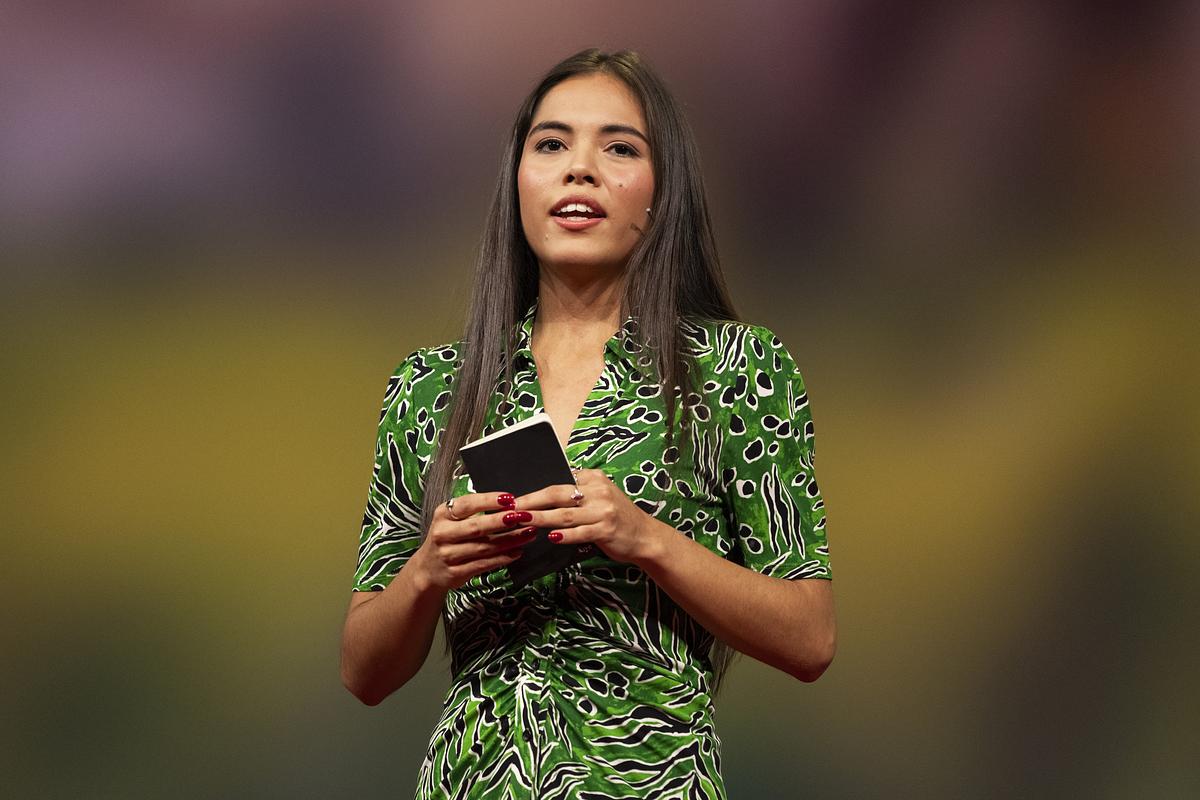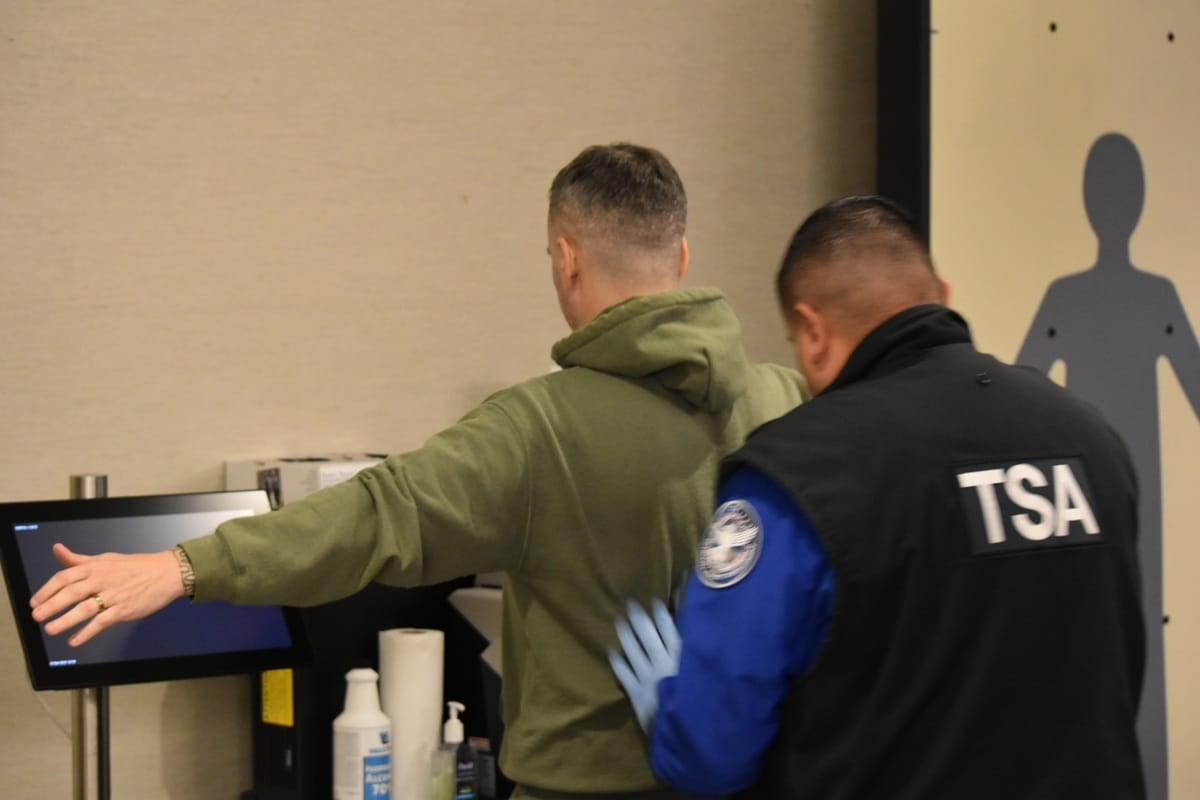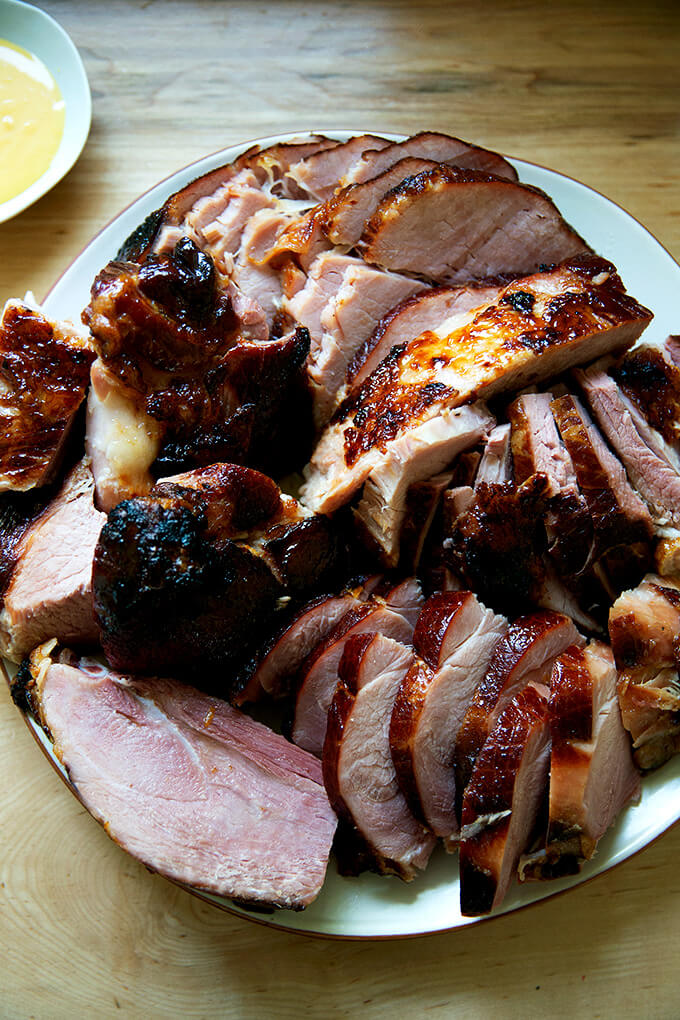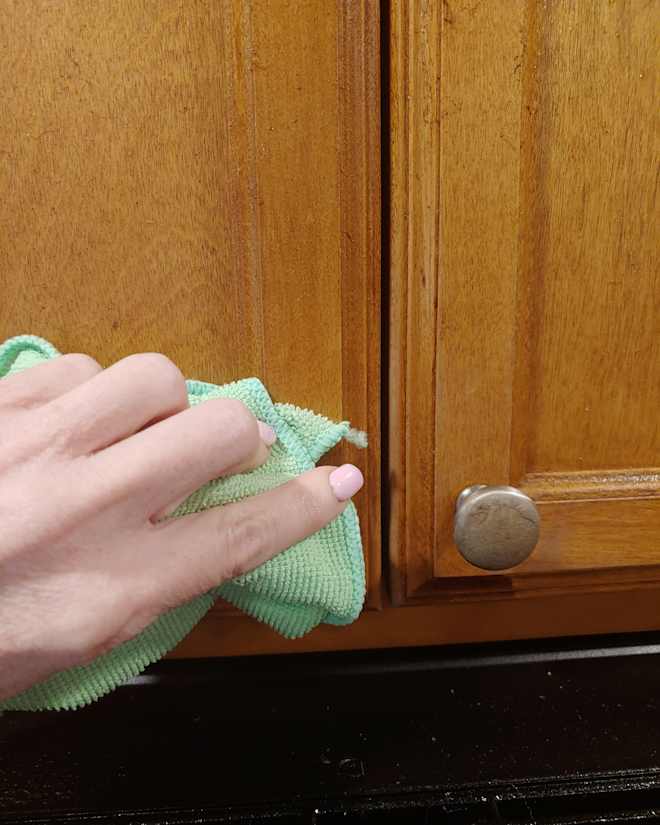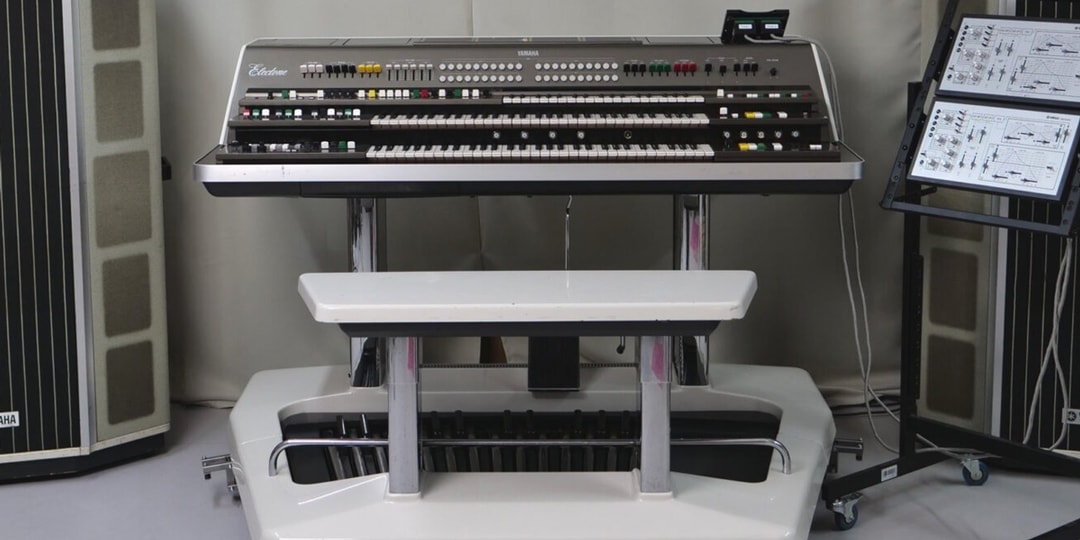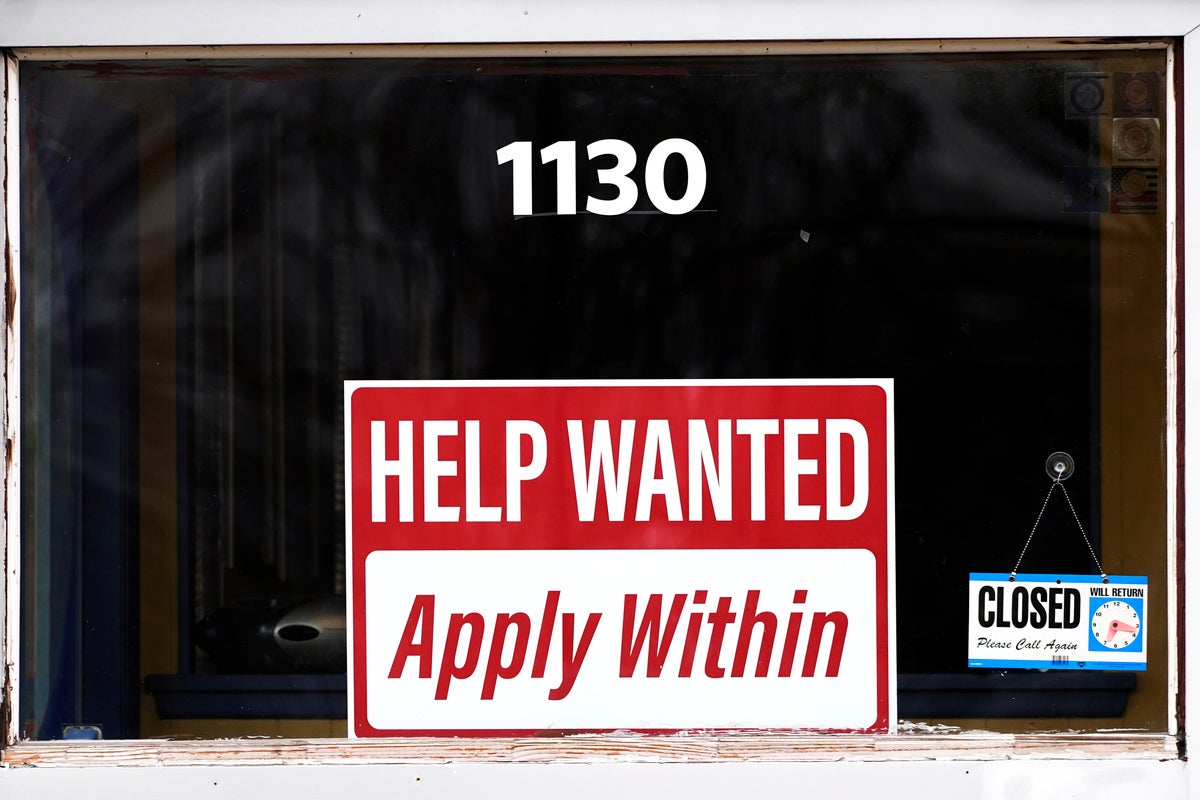What Comes Next in Mahmoud Khalil’s Fight Against Deportation
Despite Friday's immigration court ruling, the legal fight to keep Mahmoud Khalil in the U.S. may stretch months or years. The post What Comes Next in Mahmoud Khalil’s Fight Against Deportation appeared first on The Intercept.

From a small courtroom in a remote immigration jail in Jena, La., Judge Jamee Comans ruled on Friday that the government can deport Columbia University graduate Mahmoud Khalil based solely on his advocacy for Palestine.
Comans made her decision after weighing a single piece of evidence from the government, submitted in court two days earlier: a 1 ½-page letter written by Secretary of State Marco Rubio in which he stated that Khalil’s presence in the U.S. would have “potentially serious adverse foreign policy consequences.”
Friday’s decision represents a major blow to Khalil and other protesters targeted by the Trump administration. But Khalil’s attorneys promised the fight would continue in the courts.
Two major paths remain open to Khalil: one within the immigration court system and the other in federal district court. Despite Friday’s immigration court decision, Khalil’s attorneys continue to argue in federal district court in New Jersey for his release on free speech grounds. A resolution in the federal case could arrive in a matter of days or weeks. In immigration court, Khalil could apply for asylum, and appeal the ruling before the Board of Immigration Appeals, and could pursue further appeals within the U.S. circuit court – processes that could stretch for months, or even years.
Khalil and his attorneys seem committed to such a lengthy fight, in part because they know because the outcome of his case carries major implications for other cases in which the Trump administration is targeting immigrants with arrest and deportation.
“There’s no stopping at Mahmoud Khalil, there’s no stopping at just pro-Palestinian protesters,” said Baher Azmy, a lead attorney in Khalil’s legal team on Friday. “Next, it could be LGBTQI activists under some pretext that that interferes with our foreign relations with Russia, racial justice activists, anyone.”
Path to release
Separate from Khalil’s fight in the immigration court system is his petition for release, which is playing out in New Jersey’s federal district court. There, Khalil’s attorneys are arguing that his free speech rights are being violated and that he must be released.
That decision will come down to Judge Michael Farbiarz, who inherited the case from New York federal district court, where the petition was originally filed after Khalil’s attorneys successfully fought the government’s push to send the case to Louisiana.
Standing in the way of Farbiarz releasing Khalil is a separate jurisdictional battle. The Trump administration’s attorneys are making the argument that the case belongs only in the immigration courts. Khalil’s attorneys contend that his case is not just about his immigration status, but about his First Amendment rights since the government is targeting his protest activities.
Comans made clear during this week’s hearings in immigration court that she cannot weigh in on issues that have to do with the First Amendment or the constitution in Khalil’s deportation proceedings. Khalil’s attorneys said this admission should help bolster their argument that the case belongs in district court.
Khalil’s team continues to move with added urgency since his wife, Noor Abdalla, is pregnant with their first child and is due by the end of April. A supporter read a prepared statement by Abdalla at the Louisiana court on Friday, calling the ruling “a devastating blow to our family.” She also said the ruling was “an indictment of our country’s immigration system and does not reflect truth, justice or the will of the American people.”
Regardless of whether Farbiarz orders Khalil’s release, Khalil’s fight against his deportation would continue separately in immigration court. If Khalil is released, however, it would dramatically change the timeline of his immigration court fight.
Immigration cases move much faster for individuals who are detained compared to those who are not in custody, said Aaron Reichlin-Melnick, a senior fellow at the American Immigration Counsel who has been watching Khalil’s case closely.
Reichlin-Melnick said that if Khalil remains jailed, his fight against deportation in the immigration system could end late this year or next. But if he were freed, the case could take up to three years before it reaches a conclusion, he said.
“This could theoretically, if he is released, not even make it to the circuit courts before Trump finishes out his term,” Reichlin-Melnick said.
Within the Immigration System
As a part of Friday’s ruling, Comans said Khalil has until April 26 to file for relief from deportation. His attorneys said they are considering filing for an asylum claim under the Convention Against Torture law.
Marc Van Der Hout, an attorney leading Khalil’s immigration case, said the government’s targeting of Khalil based on his protesting may end up bolstering his claim for asylum. Such a process would require further hearings.
If Khalil is released, he would be able to file for asylum in immigration court in New York, where he lives. New York immigration courts have a backlog of 100,000 asylum claims despite having only a few hundred judges, said Reichlin-Melnick. Getting to an asylum hearing, a process which he described as “a mini trial” with expert witnesses, could take several years.
If the immigration court rejects Khalil’s asylum claim, his attorneys said they plan to appeal the deportation ruling before the Board of Immigration Appeals, which is made up of immigration judges overseen by the Department of Justice. The appeal process before the board may play out over several months or several years, depending on whether Khalil is still detained or free, Reichlin-Melnick said.
Before the board, Khalil and his attorneys would likely face stark opposition – case law would not be on his side. The last time the Board of Immigration Appeals saw a case related to the “adverse foreign policy” provision used in Khalil’s case was in 1999. In that case, the board ruled that the Secretary of State had the authority to deport someone under the same provision. But the circumstances were dramatically different. The board was ruling on the deportation of former Mexican attorney general Mario Ruiz Massieu, who had fled Mexico and entered the U.S. on a temporary visa to avoid a slew of criminal charges, including money laundering, embezzlement and torture.
Reichlin-Melnick also pointed out that Khalil, a legal permanent resident, would be able to hold on to his green card throughout the immigration court proceedings. It would only be revoked if the board rules against Khalil and upholds his deportability.
A “Kangaroo Court”
Van Der Hout and Khalil’s legal team said they have little confidence in finding relief in the immigration court system. Comans denied separate motions asking to extend the hearing into next week and a request for more evidence from the Department of Homeland Security. In her ruling, she said she does not have the authority to override Rubio’s letter.
After Friday’s hearing, attorneys for Khalil called the judge’s ruling a “rubber stamp” of the government’s argument. Van Der Hout accused the judge of rushing the matter, giving Khalil’s legal team less than two days to examine evidence from the government before the hearing. He referred to the process as a “kangaroo court.”
Khalil himself said after the ruling that the proceedings had lacked “due process rights and fundamental fairness.”
“This is exactly why the Trump administration has sent me to this court, 1,000 miles away from my family,” he said.
Van Der Hout further accused the Trump administration of “court shopping,” sending the case into a jurisdiction more favorable to the government.
“They’re putting in their hand-picked people who will rule the way they want them to rule.”
Amid the Trump administration’s mass layoffs across the federal government, the administration fired 20 immigration judges in February, including nine judges from the Board of Immigration Appeals. All of the nine judges fired from the board were appointed by the Biden administration. Recently-fired immigration judges called the moves by Attorney General Pam Bondi politically motivated. The Bush administration carried out a similar tactic in the early 2000s to achieve rulings favorable to the government in immigration court, which officials at the time had denied.
Khalil’s attorneys said Friday that such moves may also play a factor in his case.
“They’re putting in their hand-picked people who will rule the way they want them to rule,” alleged Van Der Hout. “There’s basically going to be no justice in the immigration court system based on what we’re seeing now.”
Although his attorneys have yet to discuss legal strategy beyond an appeal to the immigration board, if the board rules against Khalil and upholds his deportation, his attorneys could continue their fight in the U.S. circuit court of appeals, Reichlin-Melnick said. There, they would be able to pursue their argument that the government is violating Khalil’s constitutional rights.
“This is by no means over yet – there’s a lot that has still yet to happen in this case,” Reichlin-Melnick said. “The decision that he can be deported is not a decision that he will be deported.”
The post What Comes Next in Mahmoud Khalil’s Fight Against Deportation appeared first on The Intercept.











